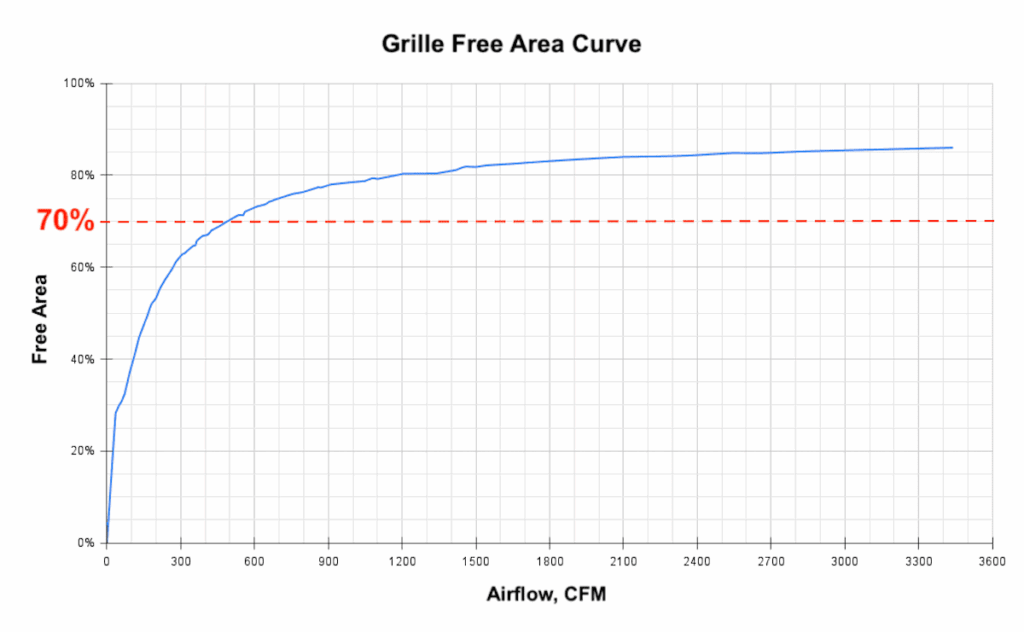CFM stands for cubic feet per minute and is a measurement of the volume of air that is moved by a fan or air handling system. In HVAC systems, CFM is used to determine the amount of air that is required to properly heat or cool a space. Understanding CFM is crucial for ensuring that a system is operating efficiently and effectively.
When it comes to HVAC systems, the CFM air flow chart is a valuable tool for determining the appropriate air flow for a given space. This chart provides guidelines for the amount of air that should be moved based on factors such as room size, temperature differentials, and desired comfort levels.
Cfm Air Flow Chart
How to Use a CFM Air Flow Chart
Using a CFM air flow chart is relatively straightforward. Simply locate the appropriate chart for your specific HVAC system and follow the guidelines provided. Typically, these charts will list the recommended CFM for various room sizes and conditions.
It’s important to note that the CFM air flow chart is just a starting point and may need to be adjusted based on factors such as duct size, layout, and any obstructions that may impede air flow. Monitoring air flow and making adjustments as needed is key to ensuring optimal performance and energy efficiency.
Benefits of Proper Air Flow
Proper air flow is essential for maintaining indoor air quality, comfort, and energy efficiency in HVAC systems. By following the guidelines outlined in a CFM air flow chart, you can ensure that your system is operating at peak performance levels and delivering the right amount of air to each room.
Additionally, proper air flow can help prevent issues such as uneven heating or cooling, excessive humidity, and increased energy consumption. By understanding and implementing the recommendations provided in a CFM air flow chart, you can improve the overall performance and longevity of your HVAC system.
